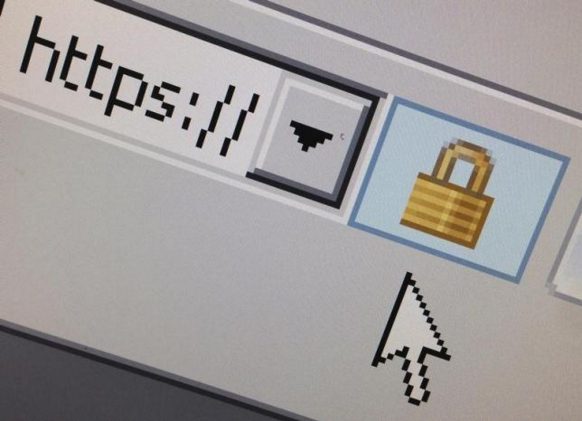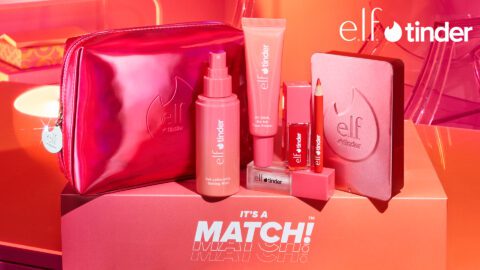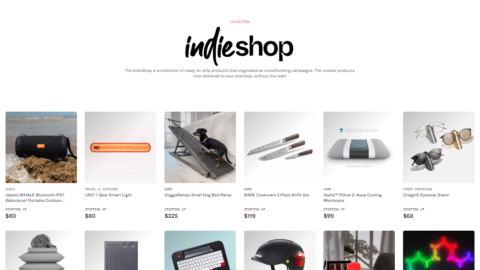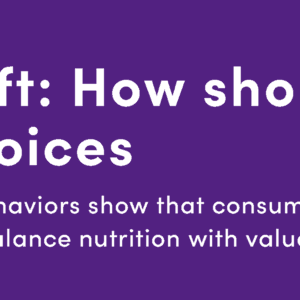Counterfeiting continues to be a problem plaguing retailers, especially as the volume of online shopping grows. In fact, 90% of businesses have experienced up to a 10% loss of revenue due to online counterfeit sales, according to a report from online brand protection service MarkMonitor.
Retailers not only have to worry about counterfeit goods sold on third party sites; they now need to be concerned about online brand impersonators: counterfeiters that create similar-seeming but fake web sites to sell the bogus items.
This has to be concerning for retailers, especially given the fact that the issue was for a long time — and in some cases, still is — underreported. Historically, there have been concerns that publicizing the problem would cause the brands’ reputation to take a hit among consumers. As many as 83% of respondents believe that online brand abuse has the biggest impact on the overall reputation of the brand and on sales of counterfeit goods.
Advertisement
“The stance has changed over the years,” said Charlie Abrahams, SVP of Worldwide Sales at MarkMonitor. “When we first started talking about this, brand owners were quite reluctant to publicize the facts that their products were being counterfeited regularly because they were worried that would damage consumer trust in the brand. Now, the savvier brand owners are going to a lot of lengths to protect the consumer by educating them.”
Abrahams noted several steps retailers can take to reclaim their brand:
-
Educate the consumer about the threat of counterfeit merchandise, including warnings and specifics;
-
Provide a “URL checker” on the brand site that enables consumers to confirm approved sellers of the product;
-
Engage counterfeit protection companies designed to protect the brand from being misrepresented by a third party;
-
Engage local law enforcement officials to investigate where the brand and product infringements originate.
The Internet makes it relatively easy for retailers to discover whether there are sites hawking counterfeit brands. “A good barometer for retailers to measure their success is making certain that if a consumer puts in ‘cheap’ or ‘discount’ plus the retailer’s brand name into a search engine, there are no infringing sites within the first three pages of results,” Abrahams said in an interview with Retail TouchPoints. “Even if the illicit sites exist, the consumer isn’t getting to them to easily. Sometimes I visit a brand owner we haven’t dealt with before, and I’ll pop their name into a search engine and see what comes up. If I see that half of the first ten results are infringing sites, then I know that brand owner hasn’t done anything about it and they have to change their strategy.”
Consumers Remain Vigilant Amid Security, Counterfeit Concerns
From the consumer side of the coin, 64% of shoppers do express concern about their security when browsing online, indicating that many are cautious wherever they shop. On a positive note, this caution is leading them to take more measures in understanding if a retail web site is legitimate.
-
Almost half (48% of consumers) indicated that they would check the site for certificates;
-
39% have sought out a secure HTTPS connection (39%); and
-
34% would analyze the standard of spelling and grammar on the site.
This increased vigilance by consumers is based on the fact that an extra element of trust is required during an online purchase. When walking into a brick-and-mortar store, these precautions aren’t necessary.
“You don’t see or touch the product before you part with your money,” Abrahams said. “You’re buying off a photograph. If you buy a handbag, a pair of shoes or electronic goods, you don’t know what’s coming through the post. You’re trusting the site provider to deliver legitimate merchandise, and sadly that’s a trust that’s incredibly easy to breach.”
When it comes to the purchase of counterfeit items online, another piece of good news for retailers is that the majority of shoppers (70%) are not interested in purchasing counterfeit products. Additionally, 48% of consumers said they actually believed buying fake products was morally wrong.
“I’ve always thought that consumers think ‘If I get something cheap and it’s good, then it’s a good deal,’” Abrahams concluded. “The report gave me a renewed faith in human nature to a certain extent. I hadn’t expected the morality aspect would be such a factor in the survey results.”















